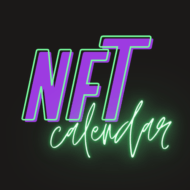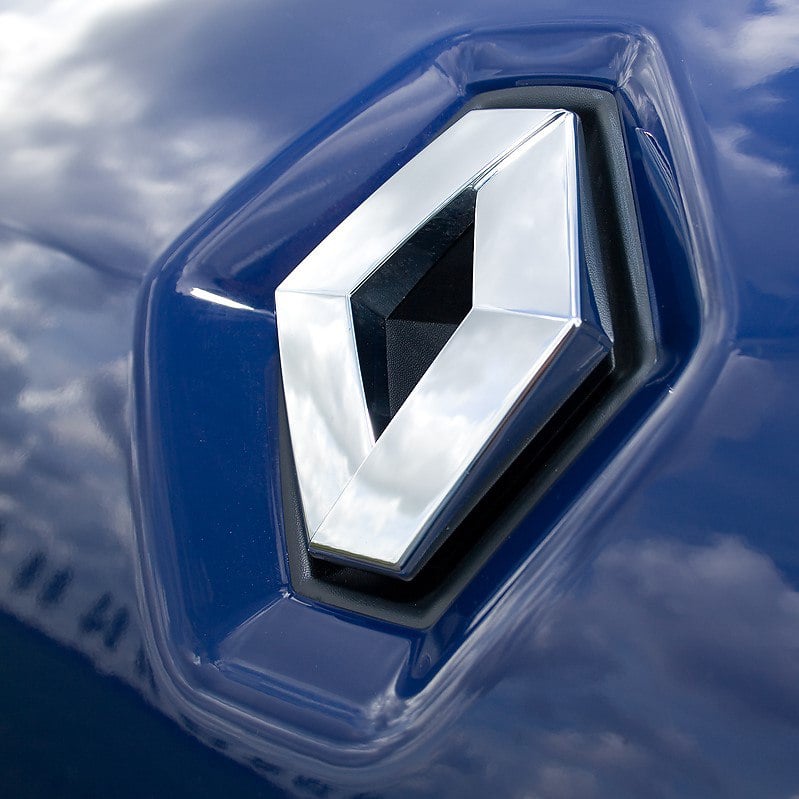The French automaker Renault Group is scaling its digital transformation, becoming the industry pioneer that has launched an Industrial Metaverse aimed at monitoring logistics and supply chain data.
The industrial metaverse covers four dimensions: mass data collection, digital process twins, connecting the supply chain ecosystem, and a set of advanced technologies. Upon the metaverse launch, Renault plans to generate 320 million euros of savings, plus 260 million euros in inventory savings. In addition, it will also generate 60% delivery time reduction, a 50% lesser carbon footprint during car production, as well as about 60% reduction in warranty costs by 2025.
Renault Group revealed its metaverse-based project during the Tech Industry Days at the Refactory in Flins. Thus, upon its launch, the industrial metaverse is capable of collecting data from each site. For this, the Renault Group web3 developers created The Industrial Data Management Platform 4.0 (IDM4.0). All the data collected will be stored in the Google Cloud, which allows real-time correction and improvement of every single process.
Moreover, foreseeing the industrial metaverse launch, Renault Group developed a platform to store and run the technologies needed for the metaverse's seamless operation, such as a cloud, 3D, big data, and beyond.
For now, Renault reports a 100% connection of its production lines, which comprises 8,500 pieces of equipment, 100% of chain data supply, as well as 90% of supply flows, which are monitored non-stop. Moreover, according to the company, the industrial metaverse is a highly-detailed copy of the automaker's physical industrial sites, which were brought to web3 and are under constant real-time supervision.
“Every day, a billion of data are collected within the Renault Group’s industrial sites. The Metaverse provides real-time supervision that increases the agility and adaptability of industrial operations, as well as the quality of production and the Supply Chain. Renault Group is becoming a pioneer in the sector,” Jose Vicente de los Mozos, EVP, Industry Group and Head of country Iberia, said.
Thus, every single physical site, like a factory, or administrative building acquired its digital replica and has its own separate metaverse space, tracked in real-time by a control tower. Each digital unit then integrates into a larger ecosystem, which receives information from multiple sources, covering supplier data, sales forecasts, quality control, weather, and road traffic, as well as machine learning to forecast force-majeure situations.
“This industrial metaverse is unique and enables us to activate previously invisible efficiency and performance levers, to the benefit of people and the environment. The management of data at the Group level allows us to monitor, for example, the energy consumption of all our industrial and non-industrial sites in detail, and above all to optimize them in real-time when a plant is stopped,” Patrice Haettel, VP, Industrial Strategy and Engineering stated.
Time will show whether Renault Group's industrial metaverse will appear to be as efficient as the company claims. Let's wait and see.




